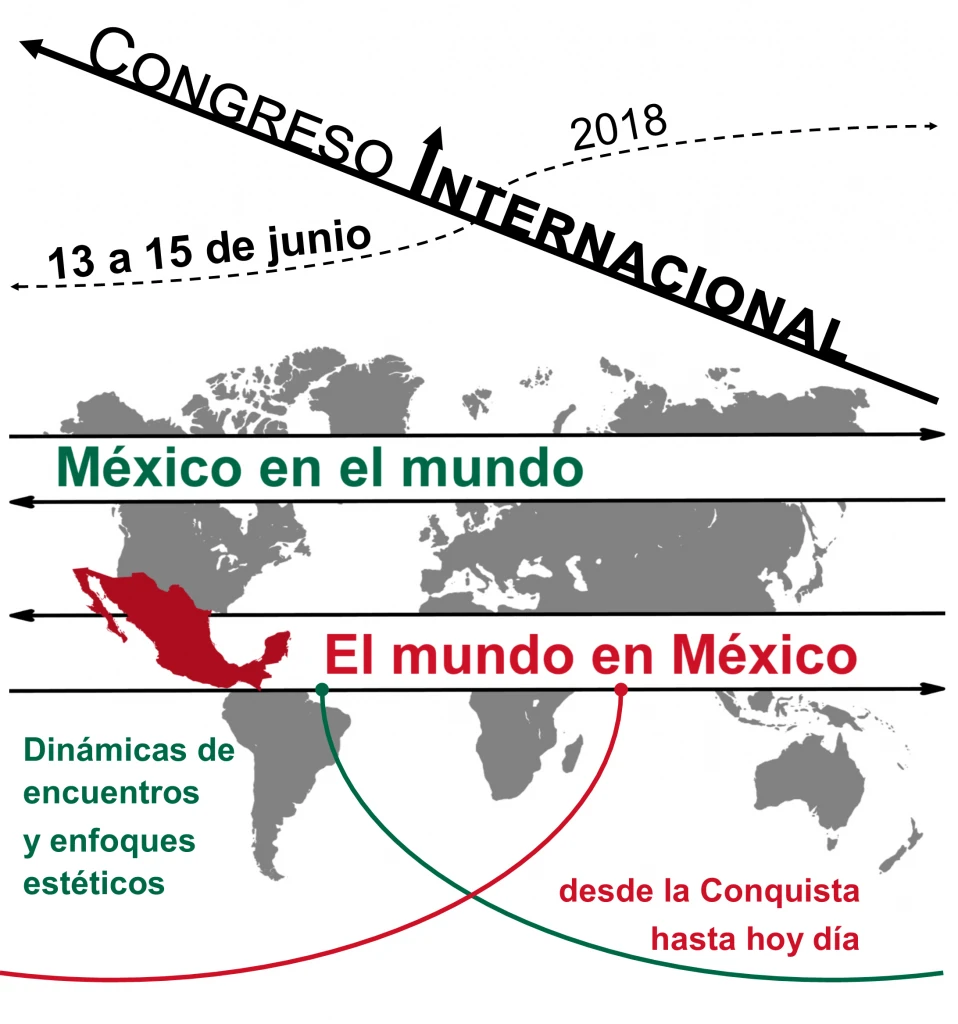Del mundo a los mundos: repensar la globalizacion desde la literatura mexicana
(pp. 18-50; DOI: 10.23692/iMex.19.2)
 Loading...
Loading...Prof. Dr. Vittoria Borsò

How to think the world, its plurality, coexistence in times of post-politics and after the global failure of theories of salvation? This article reviews theories of world, globe, sphere, worlding, planet, reflects on the most recent critiques of the concept of world and asks about the role of Mexican literature in the attempt to configure relational practices that allow thinking the plurality of worlds as the potential of a common world. The exploration of narrative (Glantz), chronicles (Monsiváis) and poetry (Moscona) demonstrates the critical work of literature in the face of the ambiguity of the media and its global connectivity. The singular, the fragment, the body, the voice, the affections are the starting point of a situated epistemology, critical of the global, and at the same time capable of relating to the plurality of worlds in order to think possible worlds as an ontological modality of a common world.
¿Cómo pensar el mundo, su pluralidad, la convivencia en tiempos de postpolítica y tras el fracaso global de teorías de salvación? Este artículo repasa teorías de mundo, globo, esfera, worlding, planeta, reflexiona sobre las más recientes críticas al concepto de mundo y se pregunta sobre el rol de la literatura mexicana en el intento de configurar prácticas de relacionamiento que permitan pensar la pluralidad de los mundos como potencial de un mundo común. La exploración de narrativa (Glantz), crónicas (Monsiváis) y poesía (Moscona) demuestra la labor crítica de la literatura frente a la ambigüedad de los medios y de su conectividad global. Lo singular, el fragmento, el cuerpo, la voz, los afectos son el punto de partida de una epistemología situada, crítica de lo global, y a la vez capaz de relacionarse a la pluralidad de los mundos para pensar mundos posibles como modalidad ontológica de un mundo común.
Articles
Vittoria Borsò – Repensar la globalizacion desde la literatura mexicana
Gesine Müller – Paz entre literatura mundial y literaturas del mundo
Anne Kraume – Altamirano y los trenes
Sara Poot Herrera – Arreola y su estética del zigzag
Hermann Herrlinghaus – La búsqueda de otra dimensión de la realidad
José Ramón Ruisánchez Serra – Apercepción en Amado Nervo
Edith Negrín – Traven: primer encuentro con los indios mexicanos
Roger Friedlein – Estrategias de personalización en literaturas nacionales
Lizette Jacinto – Exilio político germanoparlante
Jacobo Sefamí – De ida y vuelta: Myriam Moscona
Stephanie Schütze – Guadalupe Tonantzin: una santa transcultural
Tanius Karam Cárdenas – Entre muros y túneles: necropolítica en México
Sandra L. López Varela – Etnoarqueología para el combate a la pobreza
Sandra del Pilar – El sueño incobrable de la transparencia absoluta


